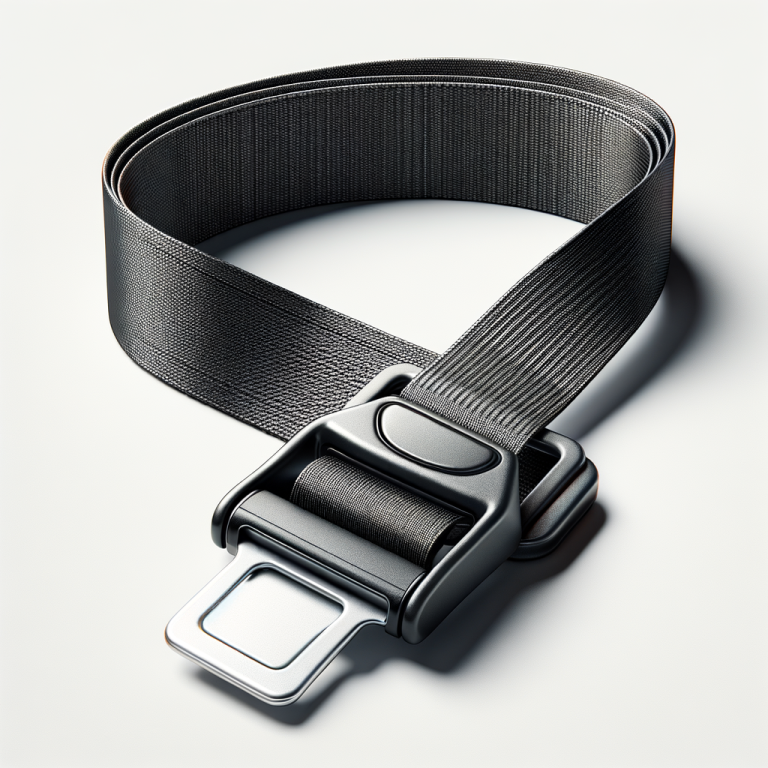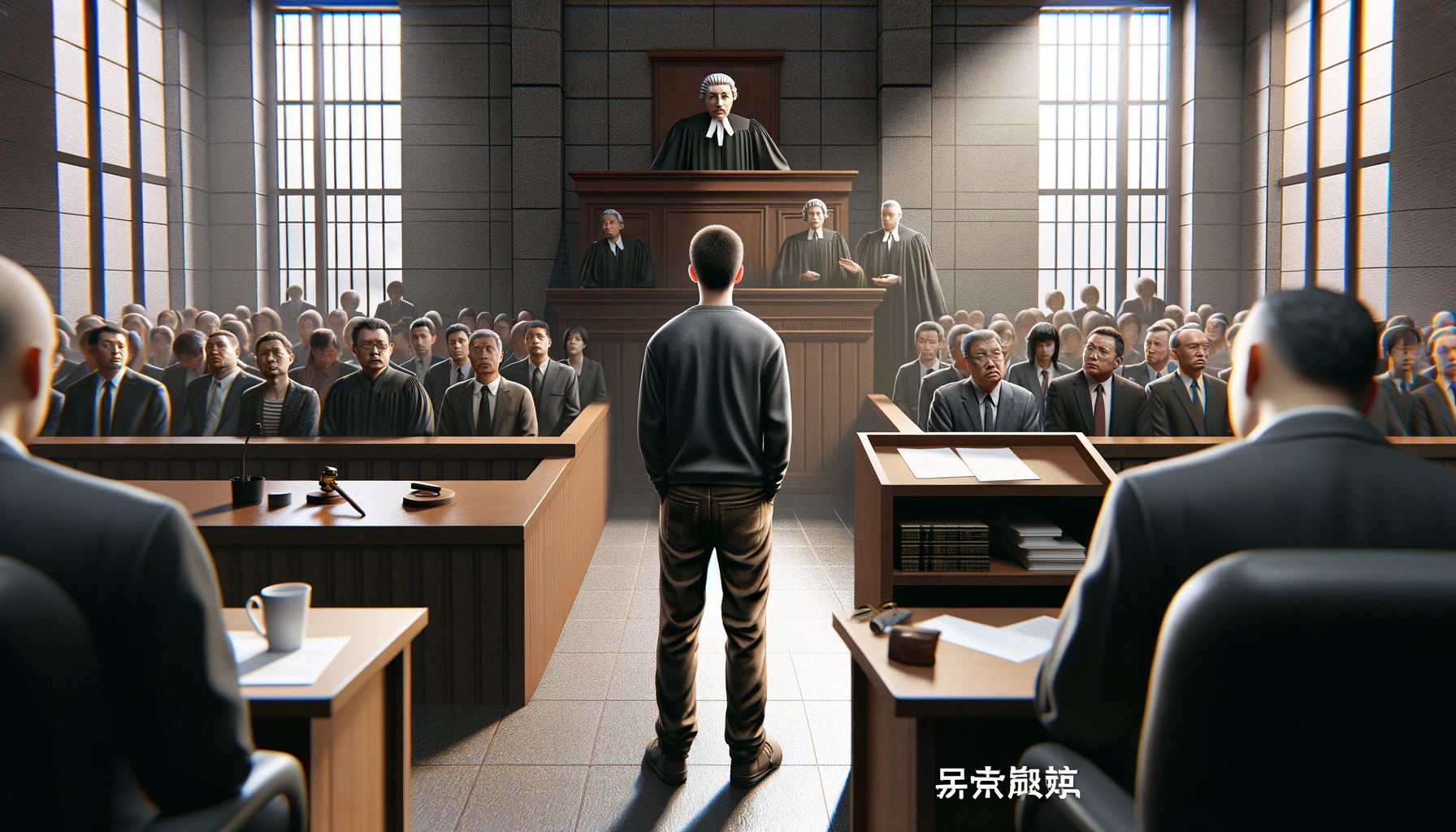A significant change in California’s criminal law came into effect last November 8, which was perhaps overshadowed by both the presidential election and the legalization of recreational marijuana within the state of California (although it remains illegal under federal law). That change was the passage of Proposition 57, which provides more opportunities for early release and reduced sentences for those defendants who have been convicted of crimes in the past. While a defendant’s primary goal remains a not guilty finding or dismissal of charges, Proposition 57 will help many prisoners within our state’s prison system to work towards a brighter future. Proposition 57 also changes how juveniles can be charged under California criminal law.
Proposition 57 Explained
The main aspects of Proposition 57 are as follows:- Parole Available to More People: Under California’s infamous “three strikes” law, many repeat offenders were not eligible for parole and faced incredibly harsh sentence enhancements above and beyond the sentence applicable to their crime. Pursuant to Proposition 57, many non-violent offenders who have served their full sentences (not including sentence enhancements) are newly eligible for parole.
- Uniform Parole Credits: Under Proposition 57, convicts serving time in California prisons now have expanded opportunities to win reduced sentences for good behavior and educational or rehabilitative achievements.
- Juvenile Crimes: Previously, prosecutors had the sole discretion over whether to try minors who are 14 or older in either juvenile court or as an adult. Trying a minor as a juvenile generally means the minor will face less harsh penalties. Now, judges (and not prosecutors) will make the decision on whether charges should be brought in juvenile or adult court.










